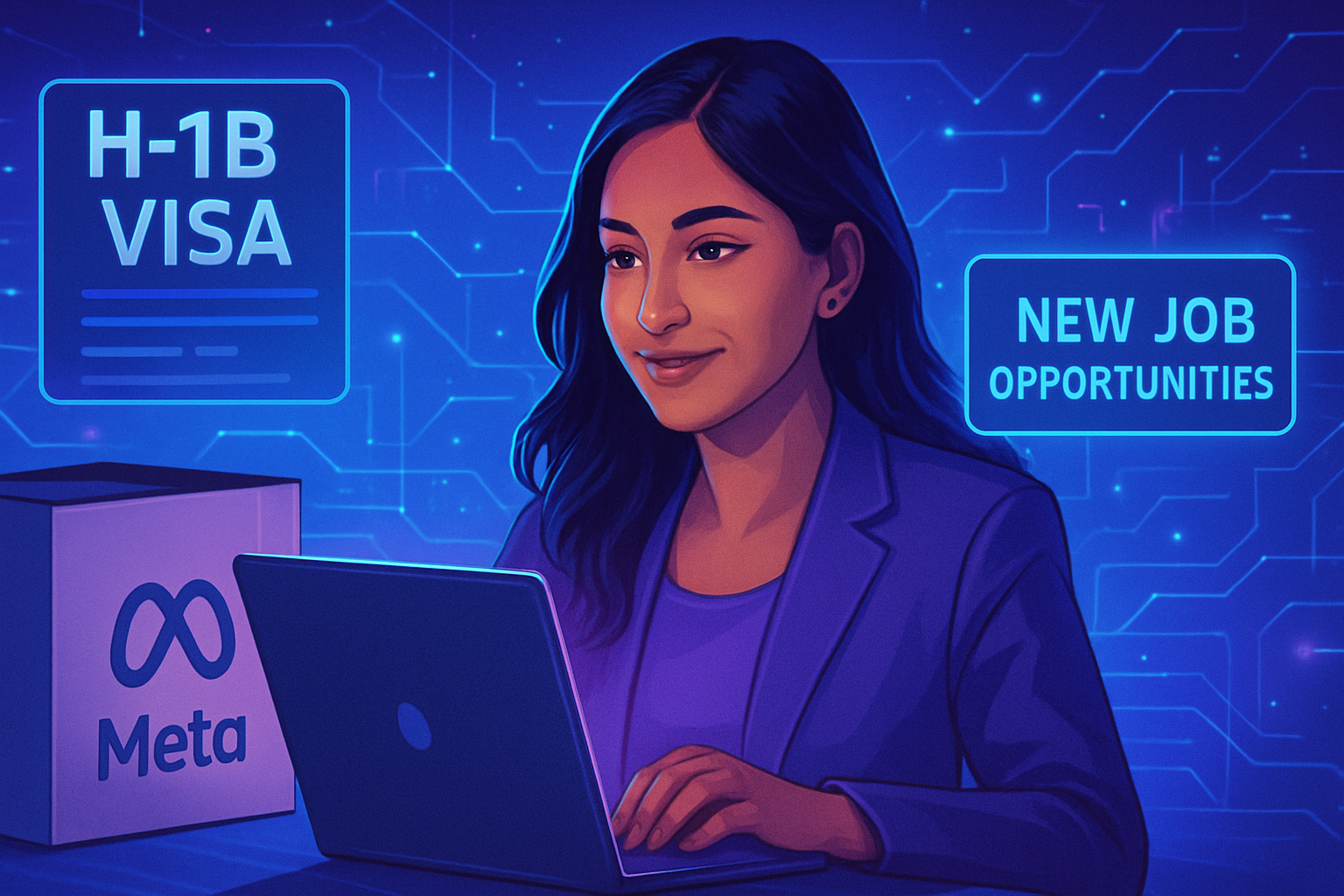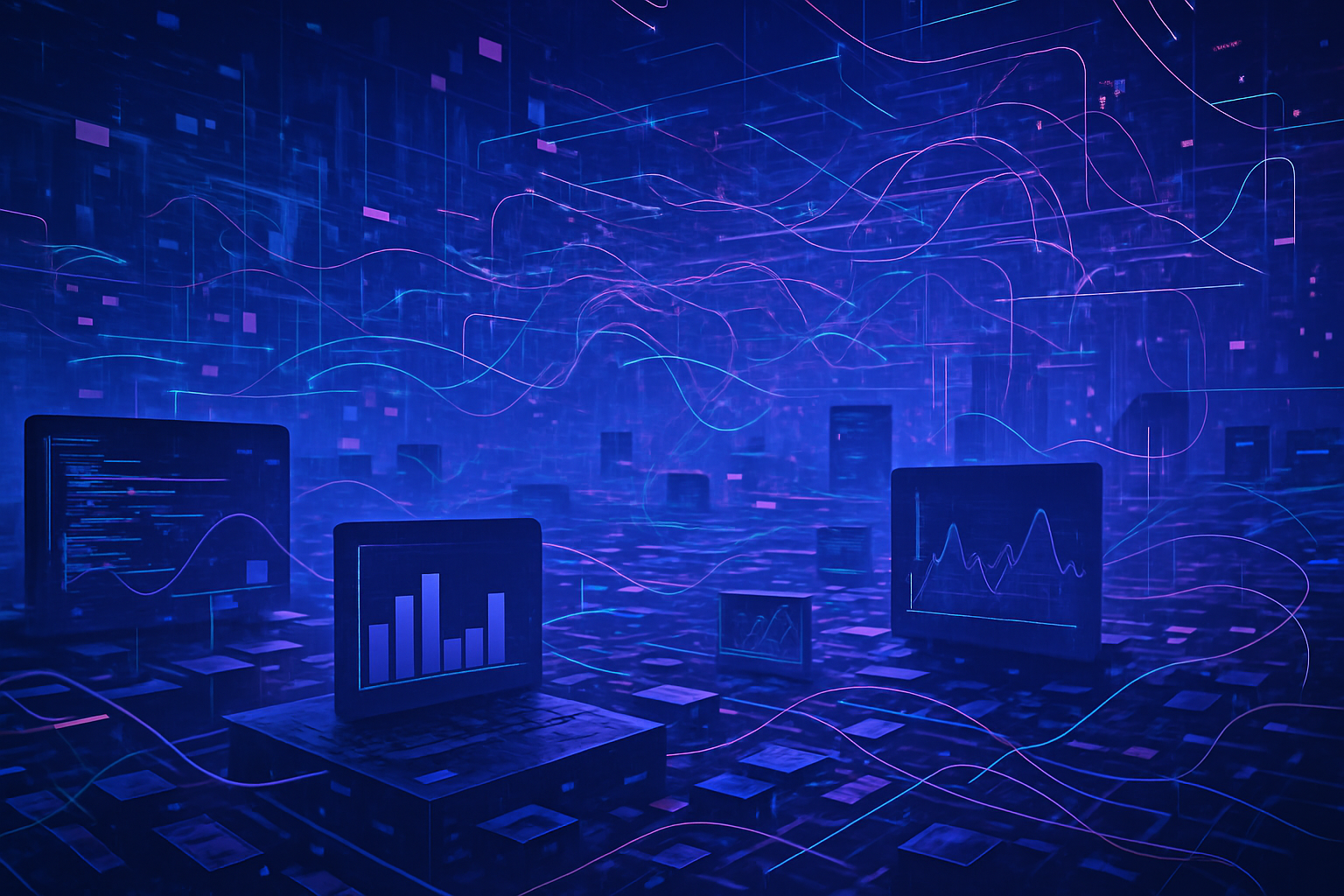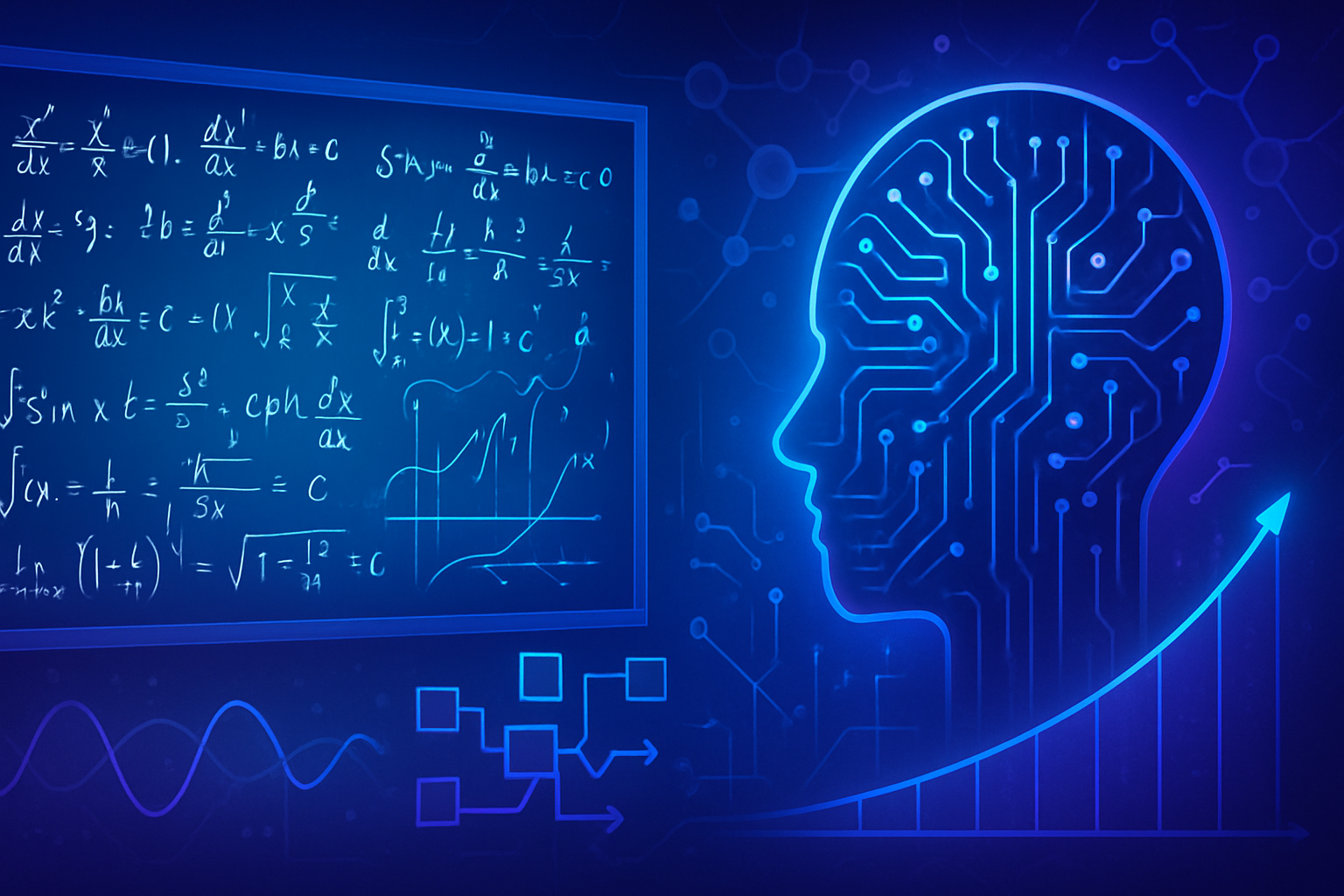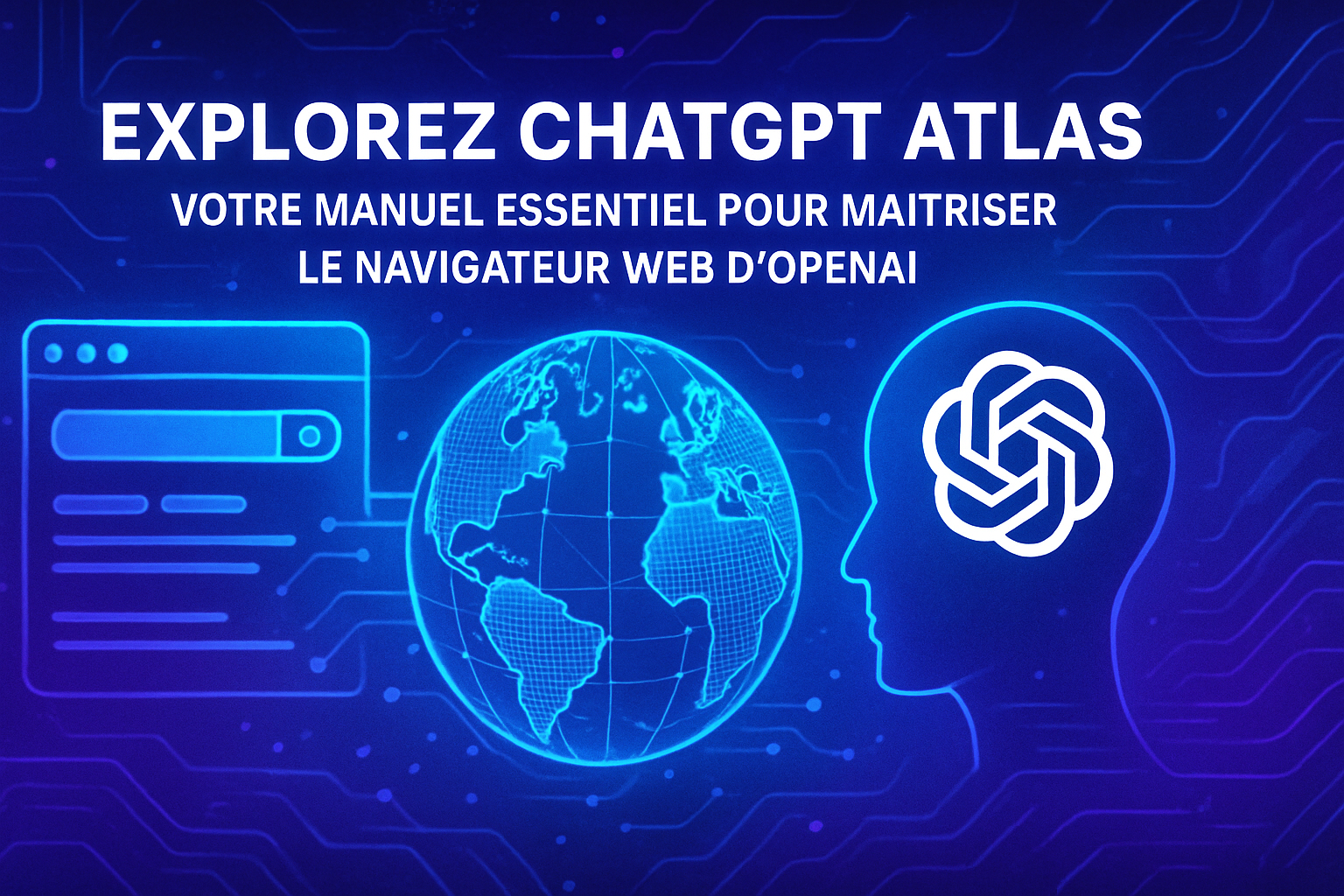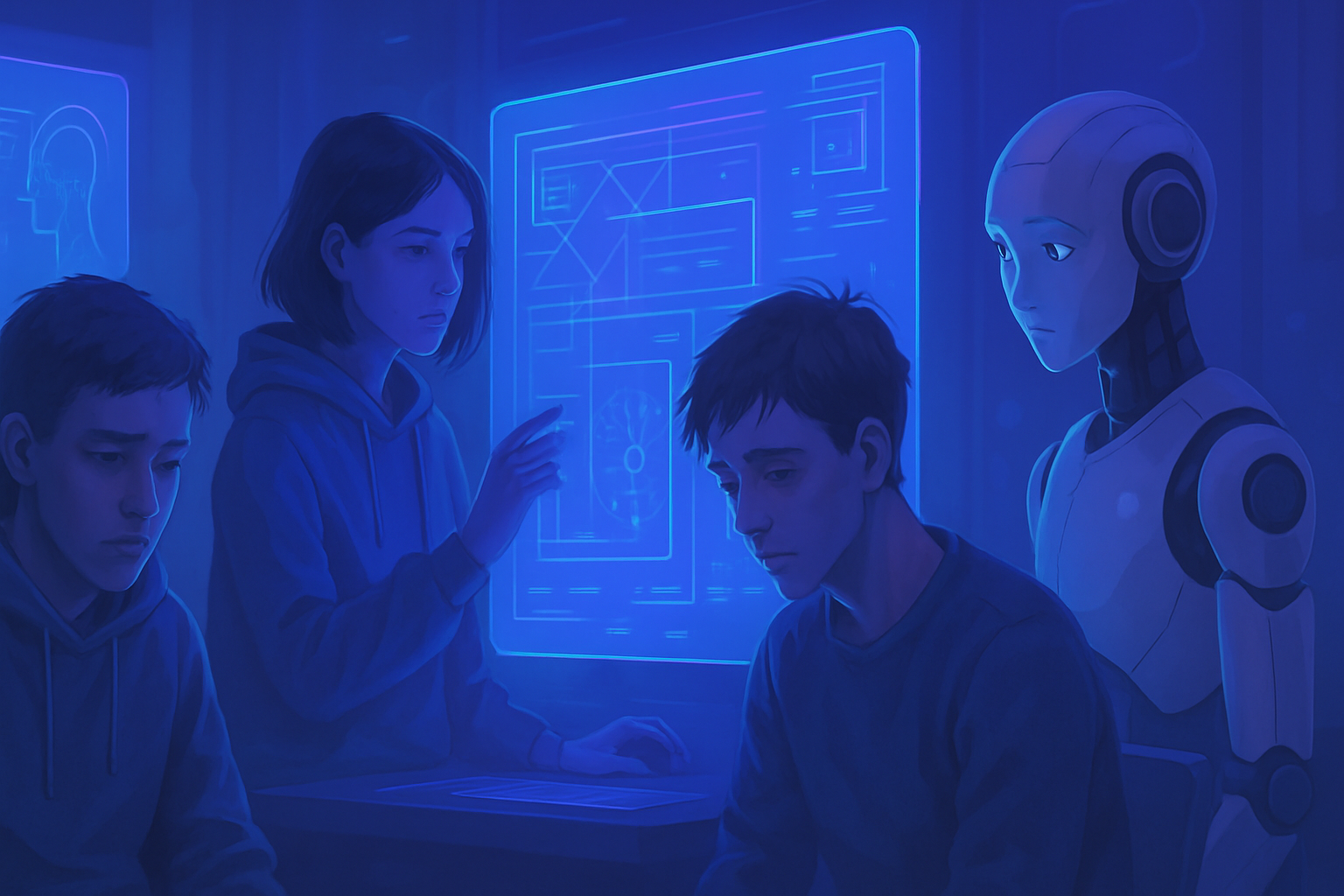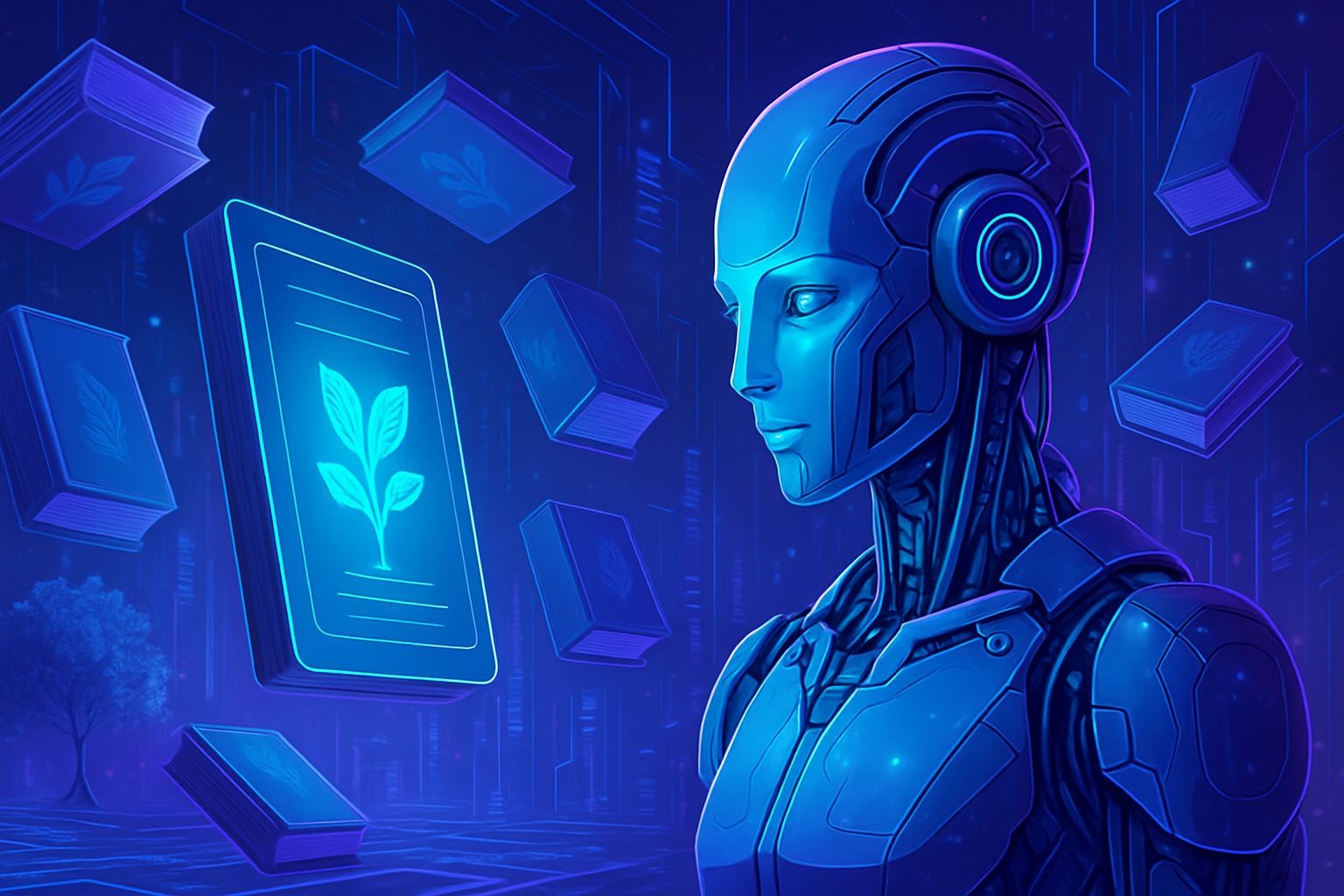Geoffrey Hinton, a pioneer of artificial intelligence, draws attention after receiving the prestigious Nobel Prize. His exceptional journey signals a remarkable potential future for AI. A unique opportunity unfolds for him, symbolizing a decisive turning point. The scientific community is questioning the implications of this advancement. Ethical and technological stakes are at the heart of the debates. Artificial intelligence, far more than just a tool, becomes a central actor in the transformation of our society. These evolutions promise to redefine our understanding of intelligence and innovation. This pivotal moment requires special attention. The implications of this change resonate throughout the technological world and beyond.
A Unique Proposition
Following his Nobel Prize, Geoffrey Hinton, the pioneer of artificial intelligence, is offered an unprecedented opportunity. This prize, which rewards his work on neural networks, reflects the profound impact of his research. As one of the undisputed pioneers of the field, Hinton now intends to steer his career toward new and promising horizons.
A Change in Course
After decades spent excelling in the academic field, Hinton is contemplating a decisive turning point. He is rejecting the conventional funding from the universities he has been associated with since the 1970s, instead adopting an approach that allows him to focus on innovative projects. This shift is part of a desire to actively participate in the regulation and ethics of artificial intelligence.
Reflections on AI Ethics
The rapid rise of artificial intelligence raises significant ethical questions. Hinton warns of the potential dangers this technology could pose. His vision, influenced by a socialist commitment, emphasizes the manner in which AI should be regulated. The necessity of establishing clear ethical standards appears to be a priority to ensure a beneficial use of these technological advances.
The Impact of the Nobel Prize
The Nobel Prize in Physics awarded to Hinton and John Hopfield in 2023 marks a turning point in the recognition of work in artificial intelligence. This prize highlights British excellence in the field while underscoring the role of researchers as pioneers. Through this distinction, Hinton hopes to spark a renewed interest in responsible AI research.
Future Perspectives
The opportunities presented to Geoffrey Hinton far exceed the traditional scope of academic research. Numerous technology companies are considering his expertise, offering collaborations that could transform the sector. Hinton, however, remains vigilant about how his knowledge is used and the impact of these technologies on society.
Involvement in AI Regulation
With growing support for international AI regulation, Hinton is eager to be a key player in this transformation. The Bletchley Park summit represents a significant step toward a global conversation about the security and ethics of artificial intelligence. His presence at this event could redefine the landscape of AI research and application.
The Challenges Ahead
The challenges are numerous as we consider the future of artificial intelligence. Hinton raises concerns about the risks of hasty adoption of these technologies without a solid ethical framework. The necessity for an open dialogue among scientists, regulators, and civil society is evident. Hinton’s commitment to this fight represents a glimmer of hope for an enlightened development of AI.
Hinton and Hopfield, through their advancements in machine learning, mark a decisive turning point.
Frequently Asked Questions about Geoffrey Hinton and his unique offer after the Nobel Prize
What are the details of the unique offer made to Geoffrey Hinton after his Nobel Prize?
Geoffrey Hinton received an offer that could encourage him to engage more in innovative artificial intelligence projects following his recognition by the Nobel Prize, but the specific details of the offer have not been made public.
Why is this offer considered a decisive turning point in Geoffrey Hinton’s career?
This offer represents a unique opportunity for Hinton to shape the future of AI, allowing him to transform his ideas into concrete projects that could have significant impact in the field.
What impact does Geoffrey Hinton’s recognition by the Nobel Prize have on the field of artificial intelligence?
The award encourages increased interest in AI research and validates Hinton’s scientific contributions, which could attract more funding and talent to this sector.
Will Geoffrey Hinton change his professional direction following this offer after his Nobel Prize?
While important changes are anticipated, there is no indication yet of a concrete decision to change course, Hinton being known for his commitment to ethics in AI.
How could this offer influence future research in artificial intelligence?
The offer could allow Hinton to dedicate himself to innovative research, directing his work towards practical and ethical applications of artificial intelligence.
Are there ethical implications associated with the offer made to Geoffrey Hinton?
Yes, the fact that Hinton is a recognized pioneer of AI raises the question of ethical responsibilities regarding the governance of artificial intelligence, potentially influencing his future choices and work.
What are the possible research topics that Geoffrey Hinton might focus on after this offer?
Hinton might explore areas such as deep learning, interpretability of AI models, and the application of AI across various sectors, while considering the ethical concerns related to these technologies.
What are the expectations of the scientific community regarding this offer made to Geoffrey Hinton?
The scientific community hopes that Hinton will use this opportunity to drive significant advances in artificial intelligence, with a particular focus on the social and ethical implications of his research.

